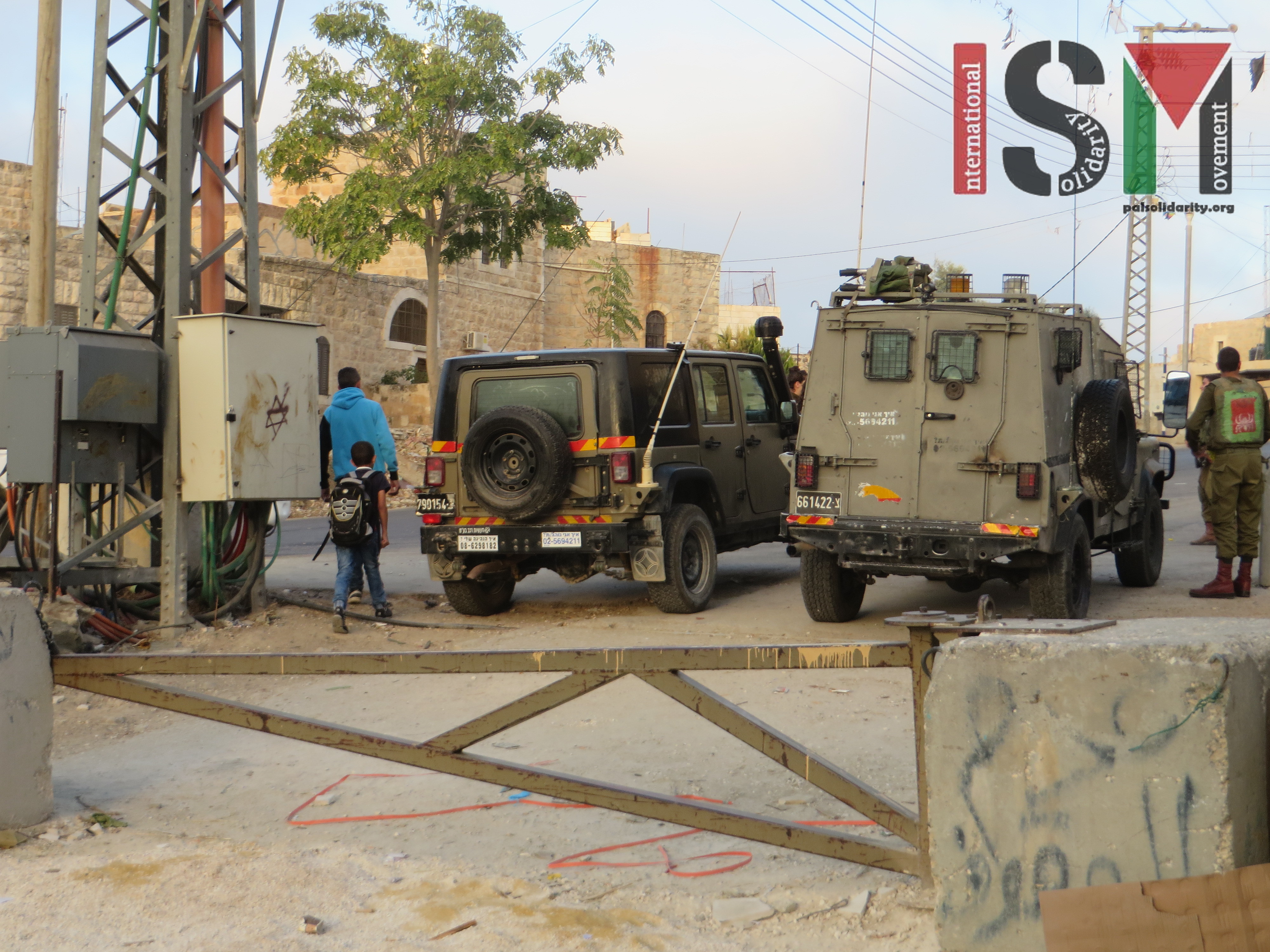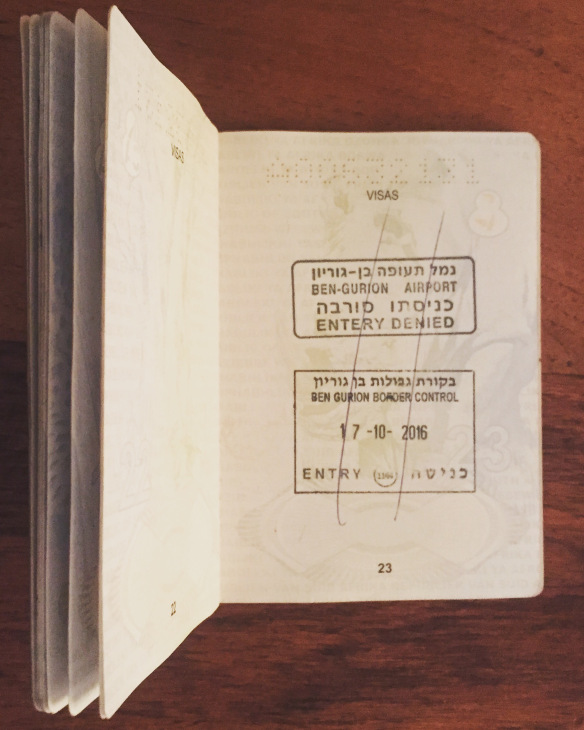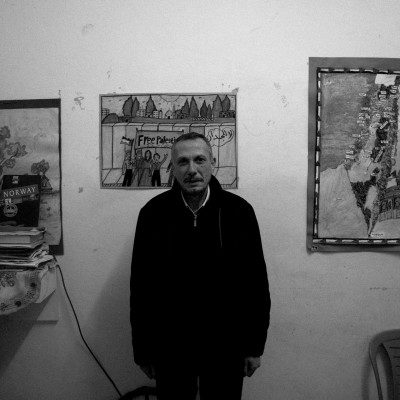Category: Features
-
Occupation through the eyes of a child: the way to school
24th October 2016 | International Solidarity Movement, al-Khalil team | Hebron, occupied Palestine Imagine being an eight-year old boy, walking to school, and as you come close, close to the roadblock you have to pass every day, army jeeps are everywhere, blocking the roadblock and the gate. You have to squeeze past the jeeps on…
-
Deported
24th October 2016 | Sarah Robinson | occupied Palestine On Monday, 17 October 2016, I was deported from Israel. This is my story. I left Johannesburg on Sunday evening, 16 October, and flew to Istanbul, Turkey. The check-in process was smooth and I was asked no security related questions. I had a six-hour stopover in…
-
‘We are strong and we will be free’ – Hashem Azzeh memorial
24th October 2016 | International Solidarity Movement, al-Khalil team | Hebron, occupied Palestine One year has lapsed since the passing of Hashem Azzeh, a devoted husband and loving father of three, and close friend of ISM. Hashem died following an exacerbation of a latent heart condition that was triggered by tear gas inhalation suffered in…



